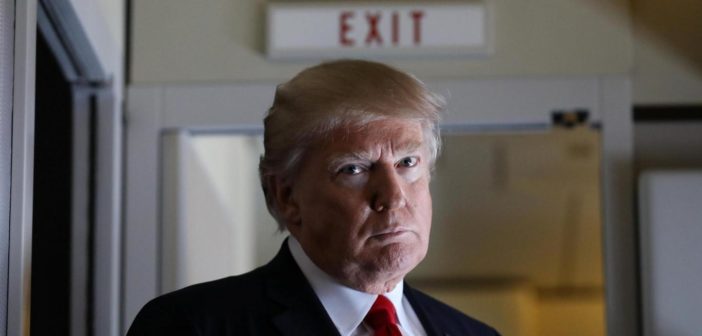A judge has thrown President Donald Trump’s travel ban on refugees from seven Muslim-majority countries into chaos after blocking the executive order nationwide.
The Seattle judge’s temporary restraining order, issued on Friday, puts a hold on the controversial ban, which has caused uproar around the world and led to chaos at airports.
However, the White House said late on Friday that it believed the ban to be “lawful and appropriate” and that the US Department of Justice would file an emergency appeal.
Still, just hours after the ruling, US Customs and Border Protection told airlines they could take travellers who had been affected by the ban
The State Department said on Friday that almost 60,000 visas were suspended in the wake of President Trump’s order. It was not clear on Friday night whether that suspension was automatically revoked or what travellers with such visas might confront at US airports.
While a number of lawsuits have been filed over President Trump’s action, the Washington state lawsuit was the first to test the broad constitutionality of the executive order.
Judge James Robart, a George W Bush appointee, explicitly made his ruling apply across the country, while other judges facing similar cases have so far issued orders concerning only specific individuals.
The challenge in Seattle was brought by the state of Washington and later joined by the state of Minnesota. The judge ruled that the states have legal standing to sue, which could help Democratic attorneys general take on Trump in court on issues beyond immigration.
Judge Robart probed a Justice Department lawyer on what he called the “litany of harms” suffered by Washington State’s universities, and also questioned the administration’s use of the September 11, 2001, attacks on the United States as a justification for the ban.
Mr Robart said no attacks had been carried out on US soil by individuals from the seven countries affected by the travel ban since that assault. For President Trump’s order to be constitutional, Robart said, it had to be “based in fact, as opposed to fiction.”
Washington’s case was based on claims that the state had suffered harm from the travel ban, for example students and faculty at state-funded universities being stranded overseas.
Washington Governor Jay Inslee celebrated the decision as a victory for the state, adding: “No person – not even the president – is above the law.”
The judge’s decision was welcomed by groups protesting the ban.




